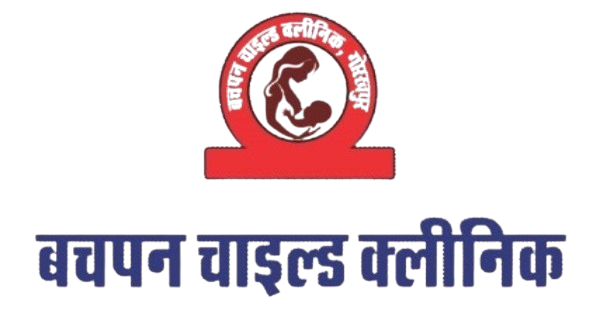The Pediatric Intensive Care Unit (PICU) is a specialized area in a hospital that provides intensive medical care to critically ill children, ranging from infants to teenagers. Children who require PICU care often have life-threatening conditions or need close monitoring and advanced treatments that cannot be provided in a general pediatric ward.
Purpose of the PICU for Children
The PICU is designed to care for children who are:
- Seriously ill from infections, trauma, or chronic conditions.
- Recovering from major surgery, such as heart or brain surgery.
- In need of life support or advanced monitoring, including mechanical ventilation, heart monitoring, or dialysis.
Common Reasons for PICU Admission
- Respiratory Problems: Children with conditions such as severe asthma, pneumonia, bronchiolitis, or respiratory failure may need breathing support like ventilators or oxygen therapy.
- Severe Infections: Infections like sepsis, meningitis, or pneumonia require continuous monitoring and intravenous medications.
- Heart Conditions: Children with heart problems, such as congenital heart defects, heart failure, or post-heart surgery, need careful observation.
- Trauma and Accidents: Severe injuries, such as those from car accidents, burns, or falls, often lead to PICU admission.
- Post-Operative Care: After major surgeries, children may need to stay in the PICU for monitoring and pain management.
- Neurological Issues: Children with brain injuries, severe seizures, or strokes need specialized care and monitoring.
- Organ Failure: Children with kidney, liver, or multi-organ failure may need dialysis, medications, or other treatments.
PICU Team and Care Providers
Children in the PICU receive care from a team of specialized healthcare professionals:
- Pediatric Intensivists: Doctors trained in critical care for children who manage treatment plans and oversee complex care needs.
- Pediatric Nurses: Specially trained nurses who monitor children around the clock and administer medications and treatments.
- Respiratory Therapists: Experts who manage breathing issues and operate ventilators.
- Pharmacists: Help ensure children receive the correct medications and doses based on their condition.
- Child Life Specialists: Professionals who help children and families cope emotionally with the stress of being in the PICU.
- Social Workers and Psychologists: Provide support to families dealing with the emotional and financial challenges of having a critically ill child.
Advanced Equipment Used in the PICU
The PICU is equipped with specialized technology to monitor and treat critically ill children:
- Ventilators: Machines that help children breathe if they cannot do so on their own.
- Monitors: Continuous monitoring of heart rate, breathing, oxygen levels, and blood pressure.
- Intravenous (IV) Lines: For administering fluids, medications, and nutrition.
- Dialysis Machines: For children with kidney failure, these machines filter the blood.
- Feeding Tubes: For children unable to eat, nutrition is provided through tubes.
- ECMO (Extracorporeal Membrane Oxygenation): A machine used for children with severe heart or lung failure, providing oxygen to the blood outside the body.
Family Involvement and Support in the PICU
Families play a crucial role in a child’s care in the PICU. Parents are often encouraged to:
- Stay with their child: Many PICUs allow parents to stay at the bedside.
- Participate in care: Families may be involved in simple tasks like feeding or comforting their child.
- Receive regular updates: The medical team provides regular updates on the child’s condition and treatment plan.
Challenges and Emotional Support
Having a child in the PICU can be an emotionally challenging time for families. Hospitals often offer:
- Counseling services for parents and siblings.
- Support groups where families can share experiences.
- Child life services that use play and other techniques to reduce the child’s stress and anxiety.
Length of Stay in the PICU
The time a child spends in the PICU depends on the severity of their condition and their response to treatment. It could be a few days to several weeks, depending on how quickly the child improves.
Transitioning from the PICU
Once a child’s condition stabilizes, they may be moved to a general pediatric ward for less intensive care. Before discharge from the hospital, families are usually provided with instructions on how to care for their child at home, and follow-up appointments with specialists may be arranged.
Conclusion
The PICU is a vital component of pediatric healthcare, providing life-saving care for children who are critically ill or injured. With highly trained staff, advanced medical technology, and a family-centered approach, the PICU ensures that children receive the best possible care during a critical time in their lives.
